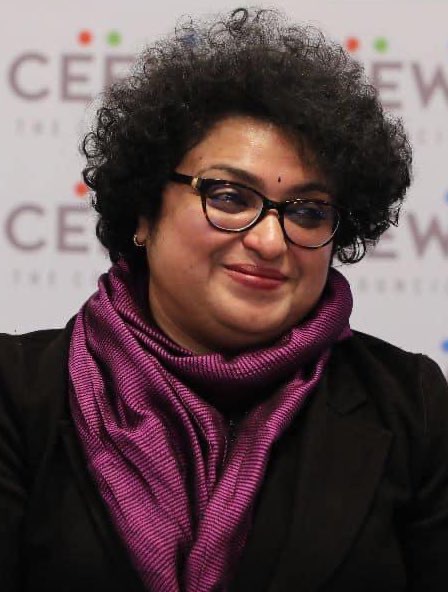(This blog post was originally prepared for the External Services Division of All India Radio, Ministry of Information and Broadcasting, Government of India. Broadcast on August 2, 2018, All Units. http://airworldservice.org/ )
Do the recent retreat of globalization; US President Donald Trump’s protectionist policies, the US-China trade war, and UK’s ‘Brexit’ trends, point to an impending relegation of the World Trade Organization (WTO)?
The Trump administration has launched an unprecedented confrontation with the WTO by accusing it of “infringing American sovereignty”. The US has intervened in WTO functioning by blocking the appointment of judges in its Appellate Body. Mr. Trump’s disdain for the “rules-based multilateral trading system” is an out-and out disruption from the past 70 years of US foreign trade.
The US administration asserting that their protectionist policies - unprecedented tariff hikes - aimed at protecting “national security”
The US administration has announced import tariffs of 25% on steel and 10% on aluminum, and has also threatened to impose additional tariffs on $ 100 billion worth of Chinese goods. One of the major focus areas of the US administration is “to close the trade deficit”. The Trump administration has attempted to ensure that these tariffs do not directly defy the WTO rules, by asserting that they are aimed at “protecting national security”, an objective that the WTO recognizes as a valid reason to protect domestic industries. However, this WTO provision has been used very rarely by member countries. It can always be questioned that if the tariffs really are about national security, they must be placed on imports mainly from close trade partners of US like Canada, Mexico, Japan, and the EU.
If President Trump narrowly focuses on US trade deficit, the macro-economics of US will play tricks through other channels. If the US domestic investment continues to exceed its savings, the US would have to import capital and would have a large trade deficit.
WTO cannot be demoted, it will re-emerge in the new world order
President Trump’s trade agenda is increasingly driven by the “mercantilism”. The moot question here is, whether WTO is getting demoted?
After the Uruguay Round of global trade negotiations, WTO had gained significance as a multilateral trade forum. WTO has thus become a powerful alternative to bilateral trade arrangements and regional trade agreements. In early 2000, United States and European Union transited to multilateral trade agreements from bilateral and regional trade deals. However, with UK’s ‘Brexit’ and the US-China tariff war after the announcement of Mr. Trump’s protectionist policies, there is a striking turnaround to this trend in these countries.
If Brexit is a reality, WTO will re-emerge. The European Union will search for an alternative trade platform like WTO as UK would not enjoy the intra-European free trade, ex-post Brexit. If deeper economic integration of markets in the European Union for free trade under a single currency regime withers away, the WTO re-dominance can be a strong alternative for these countries for global trade.
WTO is a powerful mechanism for adjudication and dispute-settlement among the global trade partners. The US-China tariff war and the US protectionist policies will re-invigorate WTO, as countries would turn to WTO for settling their disputes and conflict resolution.
Emerging economies like India should give more robust responses to trade wars
With the unilateral tariff hikes and other protectionist measures by US which penalizes world trade, the “multilateral trade forum” like WTO will attain renewed significance because of the universal acceptance of WTO membership. The emerging economies like Brazil, Russia, India, China and South Africa (BRICS) along with UK are the potential countries which strongly support and protect the existence of WTO as a multilateral trade forum to effectively uphold free trade.
Emerging economies like India should give more robust responses to increasingly harmful protectionist policies by US and tariff wars. The very existence of WTO stems from the requirement for member nations for the “Golden Rule” in trade regime that “do not impose on other countries constraints that you would not accept if faced with their circumstances”.
Despite increasing trade wars, this is a critical opportunity for the emerging economies like India to re-calibrate WTO as an effective multi-lateral trade forum for international trade cooperation and global consensus.
The views expressed in the post are those of the author only. No responsibility for them should be attributed to NIPFP.

